Exciting news! For us at least. We have planned our next fundraising trek which will take place on July 19th and you can read more about here. Please consider sponsoring Jo, Shelley, Sarah, Matt and I on this next challenge. I’ll post training updates along the way.
Why this is so important to us? Why do we trek again and again, punishing our feet? Why so many of our dear friends organise gigs (thank you James), collect money in lieu of birthday gifts (big hugs Jimbo), help arrange our yearly raffle (Heather, Paul, Richard to name just a few), and all the other crazy things we have done along the way that have meant that we have now raised over £100k for the CF Trust…..
In blunt terms, twenty years on from Isaac’s diagnosis, we are still completely reliant on fighting only his escalating symptoms, not the root cause of his disease.
Yes, we have some new antibiotics (not nearly enough, which you can read the dangers for all of us about here), we have new techniques and tech for drug delivery and physio to help try to clear his chest of mucous, one new mucous thinning drug for him to inhale, and a handful of new variations of existing meds that help keep him plodding on; but ultimately? Isaac takes only the same old treatments that were available to him as a child.
Right now we are pursuing the best option open to us; gene therapy trials. I’ve written about this before, and added some FAQ’s here. We have the best team around us at Papworth hospital. We have an incredible consultant, who over this Easter bank holiday weekend, while not working or even being on-call, has called us three times to check how he is and give us test results. And we’ve been lucky enough to participate in truly groundbreaking ‘first in human trials’ (I cannot write more about this yet, as the information is commercially sensitive).
However, even participating in trials can only give us limited, time-bound hope. The treatment period is short, after which he stops the drugs and goes back to only his usual routine. The data crunching and endless bureaucracy that brings a drug to patients takes years, and realistically, even if these turn out to be both safe, effective and affordable, they are probably years from being licensed.
But we do this to further the research for all, which is incredibly important to us. And it comes with fringe benefits; we are seen by THE best doctor (as principal investigator in the trial) with 121 care and lots of extra tests and consultations (which so far have revealed other new treatments we can try in his day to day care), and possibly, if these drugs prove themselves, early access on compassionate grounds may be given if his data prove that they work for him, if he was very unwell and licensing was closer.
We feel like we’re taking the most proactive way forward, and Isaac has grown magnificently into his role as a patient. He advocates for himself, can now list to every medication he takes and why, is clear and can communicate his preferences (bloods from port today, or venepuncture buddy?) and is building up a much clearer story of his own medical history (allergy to Fentanyl? That was 2018. More sinus surgery? Yep, ok, despite the pain, it’s worth it longer term). We are a team in all of this, and enjoy our time together, no matter what. Quite possibly me more than him.
Right now, his lung function is down, and we’re having ongoing issues with his liver. He’s had mild liver disease for years now (very common in CF), and it’s an unhelpful complication, despite being something we’d not know about were it not for all the tests. But, he is a few months from his last IVs (which give his liver a welcome break). We are back and forth to the hospital a lot, with another admission planned this week. He makes the most of the food in bed and internet. I sit in fear that complications might prohibit his participation in trials, and feel thankful for every day that means we can continue, and for the chance this might give him and many others in future.
It feels like winning every time we get home and his dog bundles him with love and gross face licking.
We desperately need funding to continue for the last 10% of CF patients, for whom, like Isaac, new CFTR modulators do not work. All sponsors, however small, are so much appreciated. More soon, love love love x
Image: Dog love when you feel like shit ❤️


























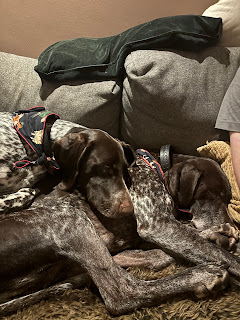
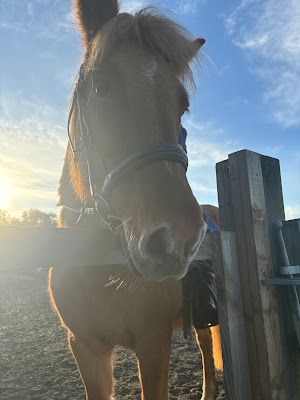


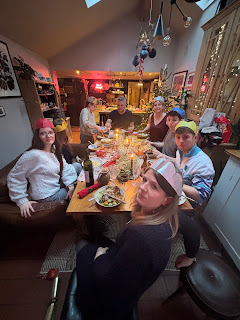

















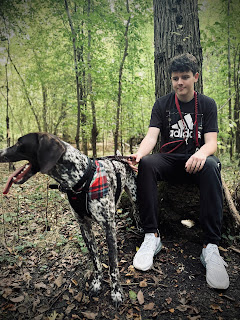
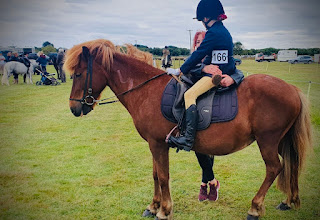



 Gjosta & Rosa.
Gjosta & Rosa.